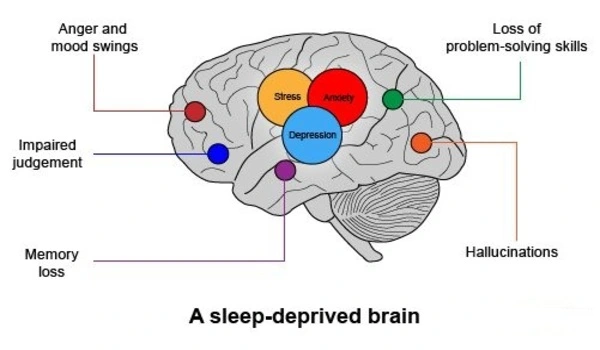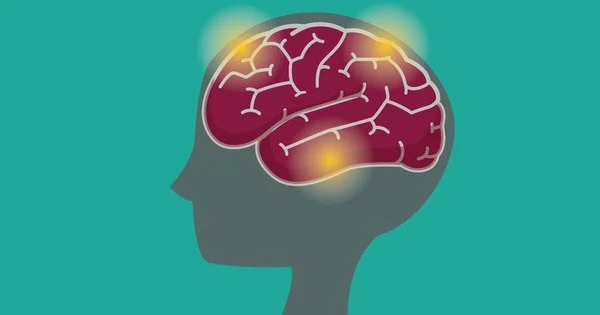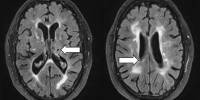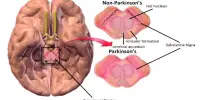Sleep is required for cognitive function. Sleep deprivation can affect a variety of cognitive processes, including memory, attention, decision-making, and problem-solving. This can lead to lower productivity and difficulty in learning and remembering new information.
Sleep deprivation is significantly linked to mood disorders such as depression and anxiety. It might cause irritation, mood changes, and heightened emotional responses. Chronic sleep deprivation is a risk factor for the development of mood disorders.
In addition to making you feel bad, a lack of sleep has been shown in studies to impair the brain. Furthermore, chronic sleep deprivation may increase the risk of Alzheimer’s and other neurological illnesses. Researchers want to know how sleep deprivation generates this type of injury. A team working with mice has identified a protective protein whose level decreases with sleep deprivation, leading to neuronal death, in a recent study published in ACS’ Journal of Proteome-Research.
Researchers want to know how sleep deprivation generates this type of injury. A team working with mice has identified a protective protein whose level decreases with sleep deprivation, leading to neuronal death, in a recent study published in ACS’ Journal of Proteome-Research.
Sleep deprivation has been linked to neurological impairment in the hippocampus, a portion of the brain essential to learning and memory. Scientists have been investigating variations in the amount of proteins and RNA, which encodes genetically encoded instructions obtained from DNA, to better understand the modifications responsible for this effect.
In this fashion, earlier studies have found several elements relating sleep loss to harm; however, researchers have not typically verified they play an impact in cognitive performance in larger animal populations. So Fuyi Xu, Jia Mi, and their colleagues set out to investigate how sleep deprivation affects the brain and to confirm their findings.
Chronic sleep deprivation has been related to an increased risk of neurodegenerative disorders such as Alzheimer’s and Parkinson’s. Sleep is known to have a role in removing waste products from the brain, and a lack of sleep may disturb this process, contributing to the development of several diseases.

To begin, the researchers assessed how successfully mice navigated a simple maze and learned to distinguish novel items after two days of sleep deprivation. They next isolated proteins from the hippocampi of the animals and identified those whose abundance altered. To restrict the options even more, scientists examined evidence tying these proteins to maze performance in related strains of mice that had not been sleep-deprived.
This strategy led the researchers to pleiotrophin (PTN), which decreased in the sleep-deprived mice. The scientists discovered the biochemical pathway by which PTN depletion causes hippocampal cells to die by analyzing RNA. When scientists looked at genetic studies in humans, they discovered that PTN is involved in Alzheimer’s and other neurodegenerative illnesses.
According to the researchers, this study has discovered a novel mechanism by which sleep maintains brain function. They also add that PTN levels could serve as an indicator of cognitive damage caused by insomnia.
















